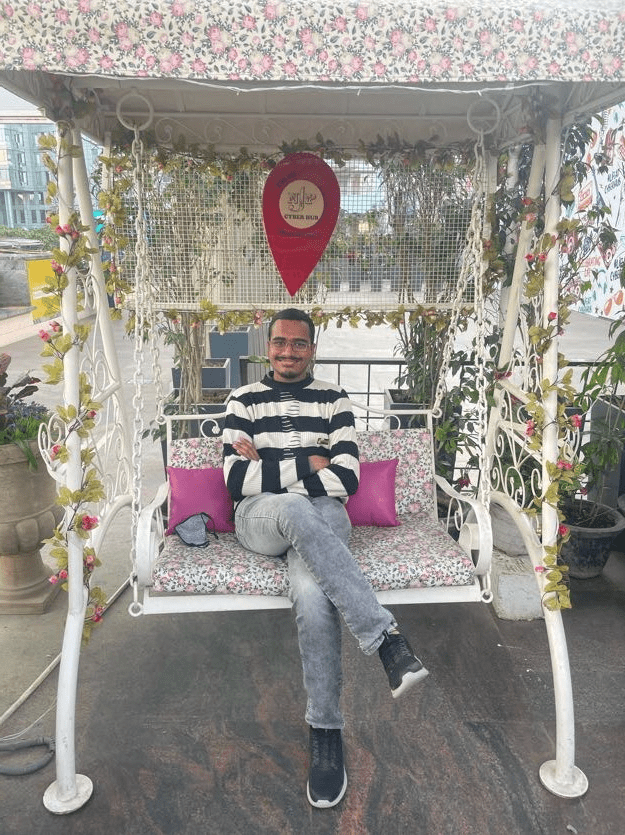During college, explore as much as possible. Take up lots of projects, I made the mistake of taking up projects in 3-2. It is better to take up a project right from 2-2.
B.E. Computer Science
CGPA: 9.98
EXPERIENCE
Present - 2023
University of California, San Diego
MS in Computer Science
Jul 2019-Present
American Express
Research Engineer, AI Labs
American Express Labs has its own proprietary version of XGBoost and we develop features on top of it based on whatever the business users require. In an algorithm, you have model building and model scoring. Suppose a user asks for a particular way of carrying out scoring or suppose he wants to see what path did a particular record take to get that score: my work is building these features. I go through research papers and find the best way of implementing those features. In PS2, my work was completely focused on the distributed algorithm part of XGBoost.
May 2018-July 2018
Goldman Sachs
Summer Analyst
I worked as a backend developer in the technology division. I developed a generic email scanner which scans emails from mailboxes and processes the mail to remove redundant information like signature and disclaimer. Once the mail is processed, it is stored in a database and rendered on a user interface.
May 2017-July 2017
Homi Bhabha Center for Science Education (TIFR)
Intern
I contributed to the development of an offline search engine for their GSTUDIO framework using Elasticsearch. A fast working search engine was developed with functionalities like advanced search, group search, filter search, contribution search.

